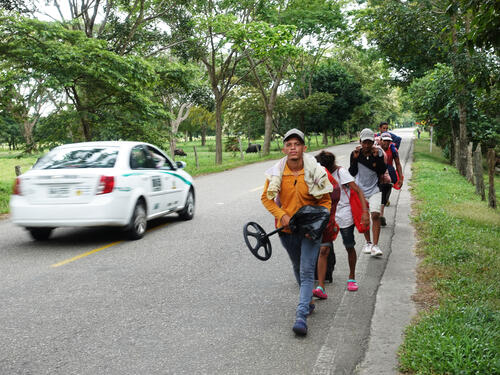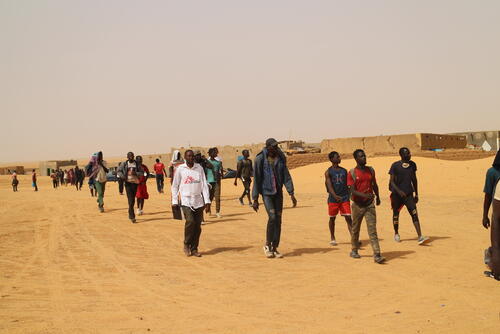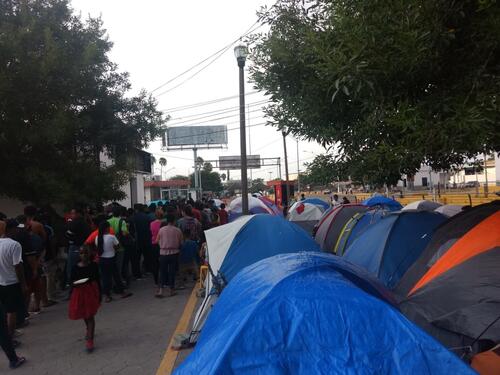There are now 70.8 million people forced from home around the worldUNHCR, <a href="https://www.unhcr.org/figures-at-a-glance.html">Figures at a Glance</a> —more than at any time in modern history. These are people who have fled extreme danger, whether to escape relentless bombing, an invading army, gang violence, or other life-threatening circumstances.
Médecins Sans Frontières (MSF) provides medical care to refugees and displaced people all over the world. Increasingly, we see that people on the move are trying to survive not just the harrowing challenges of migration itself, but the harmful deterrence policies put in place by governments trying to keep out migrants and asylum seekers at all costs.
For World Refugee Day, MSF is featuring stories of survival—a collection of video testimonies and first-hand accounts from people who have risked everything for a chance at safety. As an organisation working with refugees and people on the move, we know that nothing—not a wall, or even an ocean—will ever stop people who are simply trying to survive.
Stories of survival
Our teams work in conflict zones from where millions of people have been uprooted—including in Syria, Iraq, Afghanistan, South Sudan, and Democratic Republic of Congo. In Europe and across the Americas, we are providing care along some of the world’s most dangerous and deadly migration routes. And we're caring for large numbers of displaced people in the world’s leading host countries for refugees, including Pakistan, Bangladesh, Lebanon, Uganda, and Ethiopia.
Some of the richest countries in the world are abandoning their international legal obligations and longstanding commitments to protect refugees and asylum seekers. In the United States, across Europe, and around the world, refugees are increasingly not welcome. Many governments are criminalising migration, scapegoating refugees, and declaring that their countries are closed to asylum seekers. People seeking safety are being treated like criminals—and so are individuals and organisations providing lifesaving humanitarian aid.
In recent months, MSF’s lifesaving humanitarian assistance has been blocked in places like Nauru and the Mediterranean Sea as a direct result of government policies of deterrence.
Meanwhile, asylum seekers and refugees are pushed back and contained in low- and middle-income countries, where they often struggle to access the adequate care they need. Increasingly, the world’s wealthiest nations are providing financial support and other incentives to countries willing to host refugees. This is converting international aid, which should be allocated on the basis of needs, into a tool for migration control.
What often gets lost in the heated political debates around migration are the human beings whose lives have been uprooted by extreme circumstances.
All governments must uphold their shared international obligations to protect people threatened by violence and persecution. On World Refugee Day—and every day—let’s stand with refugees.
In their own words - refugees' stories of survival
Refugees from all over the world describe how they have fled often dangerous situations at home, and their journeys in their search for a new life.
M., 21 years old, from Guinea, now in Italy.
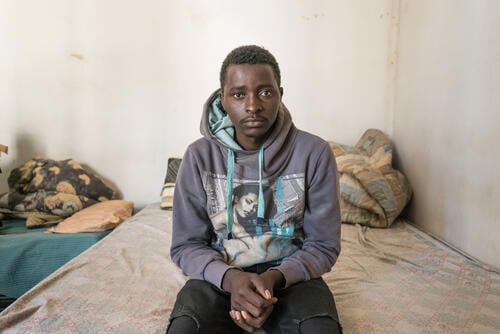
P., 27 years old, from Nigeria, now in Italy.
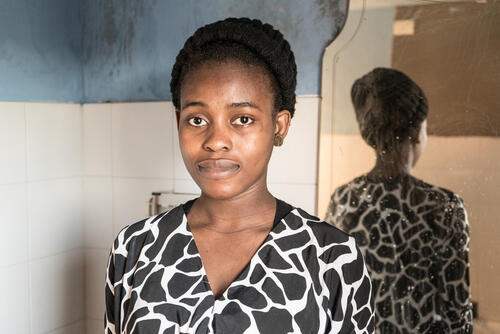
Elisabeth, Adephine and Rachel, from Burundi, now in Tanzania.
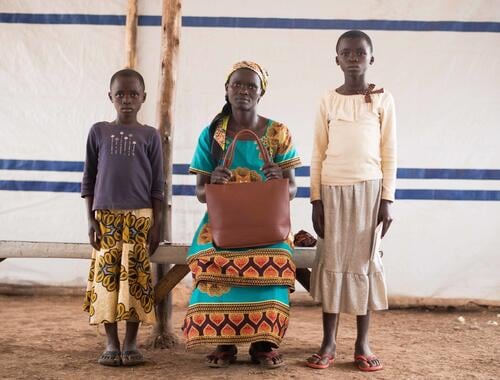
Nunahar and Abdul, Rohingya from Myanmar, now in Bangladesh.
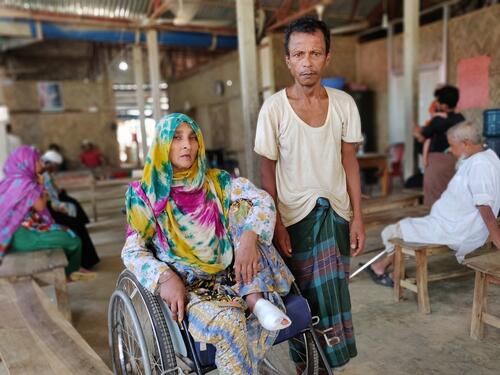
Shabbir and Mohammed, Rohingya from Myanmar, now in Bangladesh.
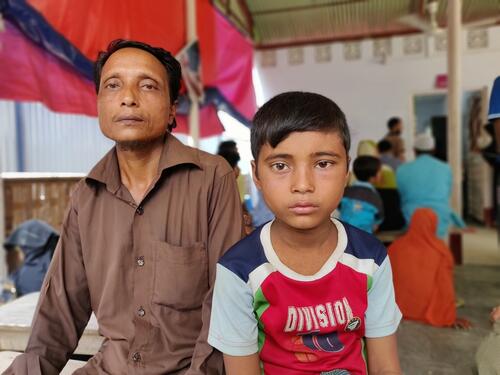
Marilyn Díaz and family, Venezuelans now living in Colombia
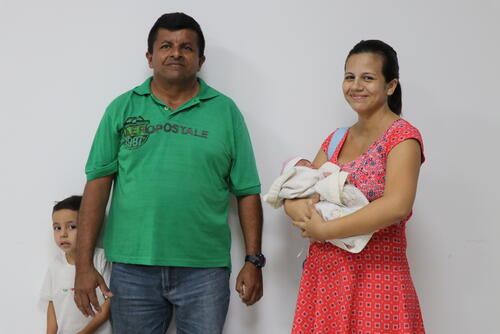
Qusay Hussein, Iraqi now living in the United States
Qusay Hussein landed in Austin, Texas, with absolutely no idea where he was going. Blinded by a suicide bombing in Iraq in 2006, he was eager to try somehow to make a new life in the United States. “I needed to go to a country that believes in me,” he says. “When people think ‘refugee,’ I’m one of them. [But] people don’t identify me, I identify myself.”

Qusay Hussein - Open My Eyes
Luc, from Democratic Republic of Congo, now in South Africa

Luc, from DR Congo
Mohammad, from Syria, now living in Lebanon

Mohammad, from Syria to Lebanon
Haider, from Iraq, now in Greece

Haider, from Iraq to Greece
Daniela, from Guatemala, now living in Canada




